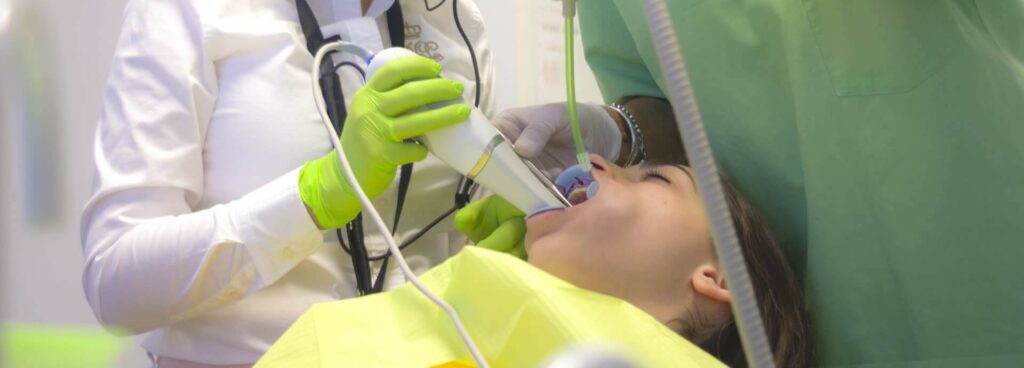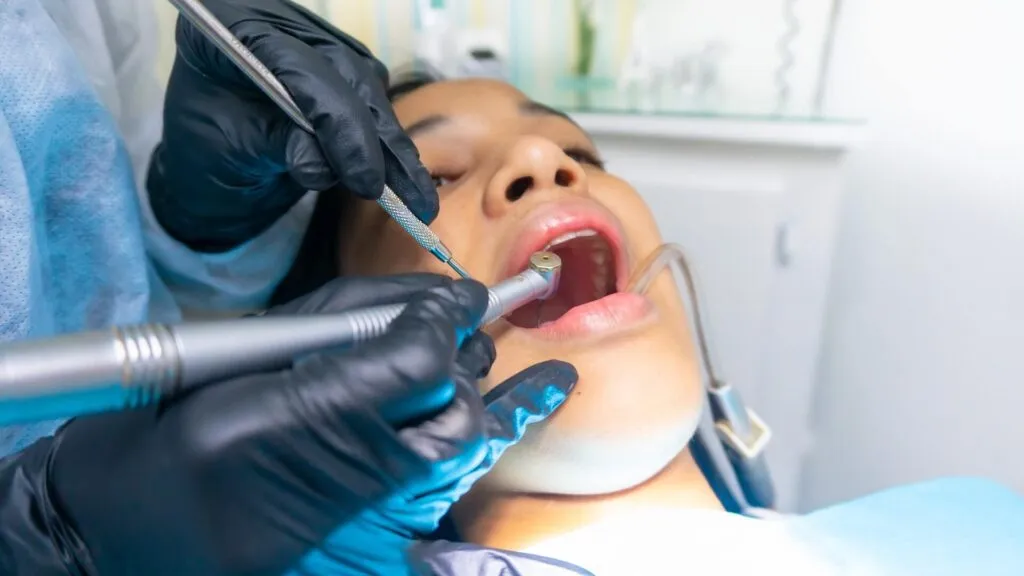Sedation Dentistry (Sleep Dentistry)
Sedation dentistry makes patients feel drowsy and very relaxed, allowing them to feel much more comfortable during the procedure. Many dentists also refer to it as “sleep dentistry”. Patients are often awake during the entire procedure. But since they are sedated, it is referred to as a sleeping procedure.Book Your Appointment
What is sedation dentistry?
Many people get scared even by the thought of going through a dental cleaning with a dental hygienist. For some people, a toothache and/or a dentist’s chair is their worst nightmare. Dental sedation dentistry at Smiles Dental Group might be the right solution for people when their fear of dental procedures is very difficult to overcome.
Dental sedation is available for every dental procedure from tooth cleaning to more complex and/or invasive procedures. The use and type of dental sedation utilized is dependent on the anxiety and fear of the patient.
Are there different levels of Sedation Dentistry?
Minimal Sedation
Being awake but relaxed.
Moderate Sedation
Remembering the procedure but you may be slightly dizzy during or after.
Deep Sedation
Being held at the edge of the consciousness but you are still awake.
General Anesthesia
Being completely unconscious.

What Types Of Sedation Do We Use?
Nitrous Oxide
Nitrous Oxide is a very safe form of light sedation is also known as ‘laughing gas’. This method can relieve anxiety and increase the feeling of relaxation during the procedure. The patient is still completely awake and conscious. After the sedation is terminated, the effects of nitrous oxide do not last very long (several minutes at most). This unique characteristic of nitrous oxide use allows the patient to return to functioning normally soon after the appointment ends.
Oral Sedation
Oral Sedation is another way to achieve a sedation effect for dental procedures. This form of sedation is achieved by taking oral sedation pills that are prescribed to you by the dentist.
Intravenous (IV) Sedation
This method is also considered another form of conscious sedation, however, the patient’s awareness of the procedure is minimal, and typically they cannot remember the procedure itself. Vital signs are monitored closely by a designated and trained clinical team member.

What Should I Do For Sedation Aftercare?
Go Home And Rest
Never plan anything physical or do any labor after sedation. You may be still under the effects of it afterwards and you can possibly put yourself at risk of hurting yourself.
Never Drive!
ALWAYS organize another way home after being sedated. Never operate a vehicle (including bikes, scooters, skateboards, etc.) or any heavy equipment for 24 hours after the surgery if you can arrange it.
Move Slow
Don’t Forget Your Medication
Food And Drink
Note: Stay away from any caffeinated beverages during this time, it’s better to rest.
Frequently Asked Questions
The cost of sedation will vary based on the specific requirements of your operation. If you want to know what the cost will be, please call or chat with our team of experts. They can help you with the type and how much it will cost.
